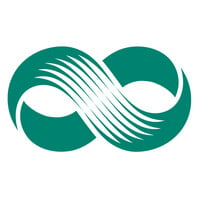
Aurora Health Care
Aurora Health Care is proud to be a part of Advocate Health, the third-largest nonprofit integrated health system in the U.S. Advocate Health is the third-largest nonprofit, integrated health system in the United States, created from the combination of Advocate Aurora Health and Atrium Health. Providing care under the names Advocate Health Care in Illinois; Atrium Health in the Carolinas, Georgia and Alabama; and Aurora Health Care in Wisconsin, Advocate Health is a national leader in clinical innovation, health outcomes, consumer experience and value-based care. Headquartered in Charlotte, North Carolina, Advocate Health services nearly 6 million patients and is engaged in hundreds of clinical trials and research studies, with Wake Forest University School of Medicine serving as the academic core of the enterprise. It is nationally recognized for its expertise in cardiology, neurosciences, oncology, pediatrics and rehabilitation, as well as organ transplants, burn treatments and specialized musculoskeletal programs. Advocate Health employs nearly 150,000 team members across 68 hospitals and over 1,000 care locations, and offers one of the nation’s largest graduate medical education programs with over 2,000 residents and fellows across more than 200 programs. Committed to providing equitable care for all, Advocate Health provides nearly $5 billion in annual community benefits. Learn more: advocatehealth.org Read our social media community engagement guidelines: aah.org/social






